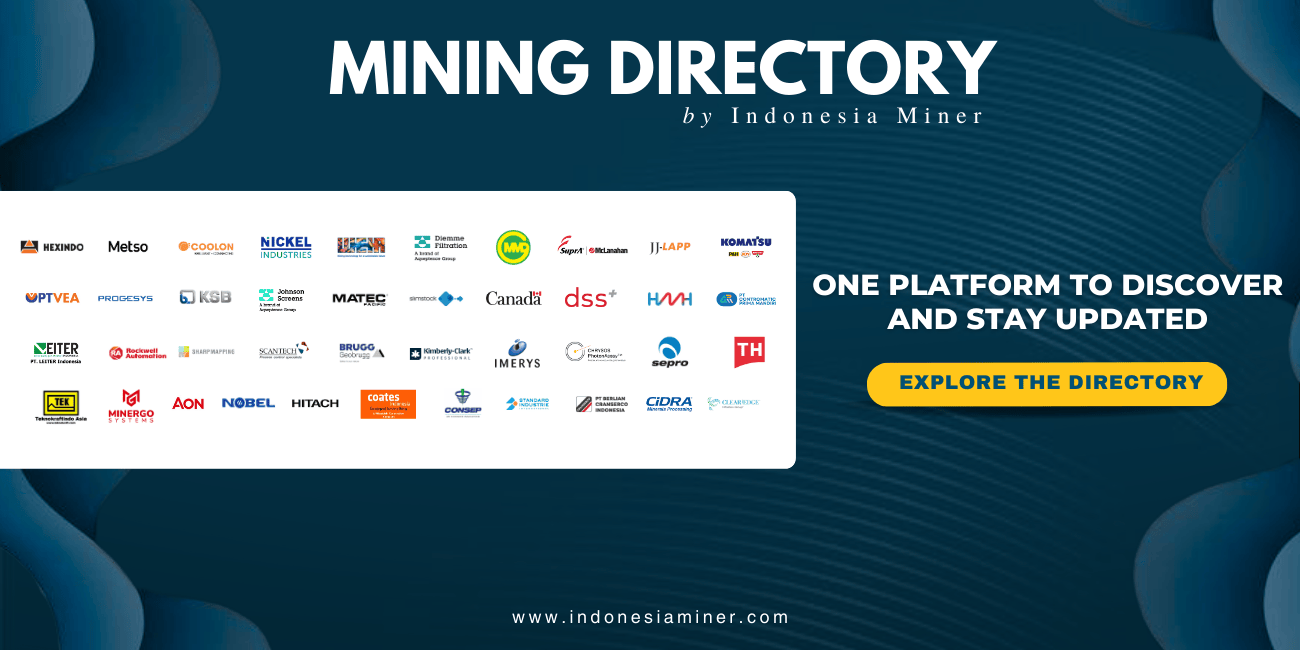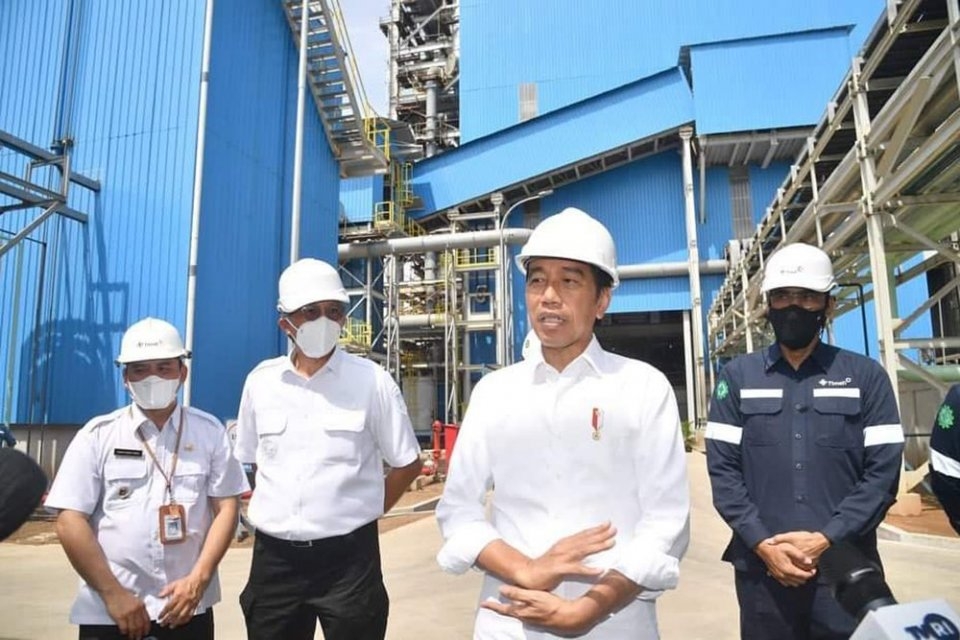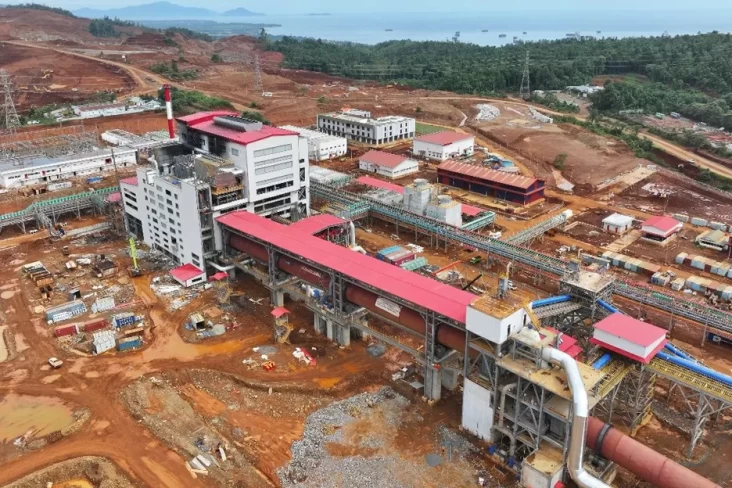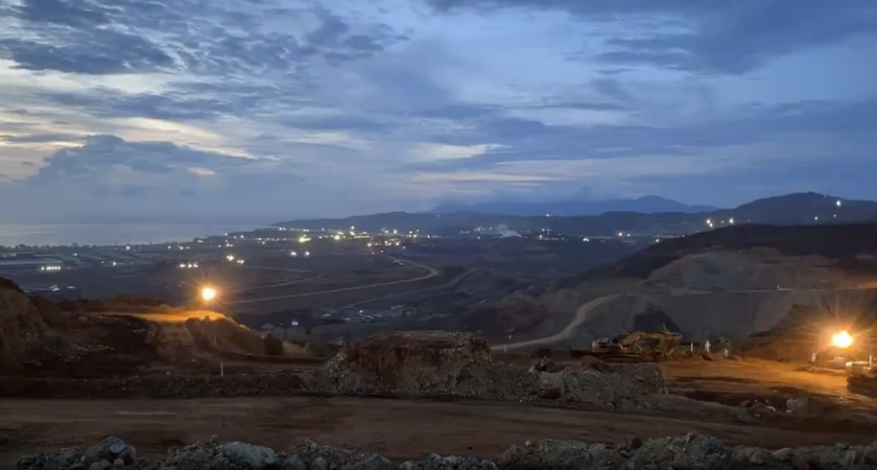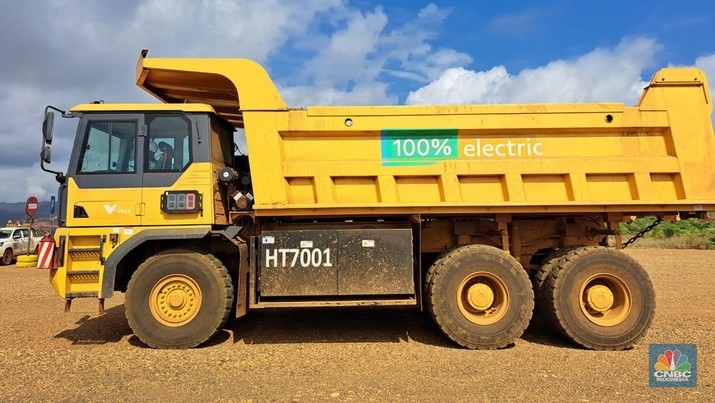Downstreaming as the Key to Indonesia’s Economic Independence, Government Prepares 18 Projects Worth IDR 618 Trillion
Fri 31 Oct 2025, 02:18 AM
Share
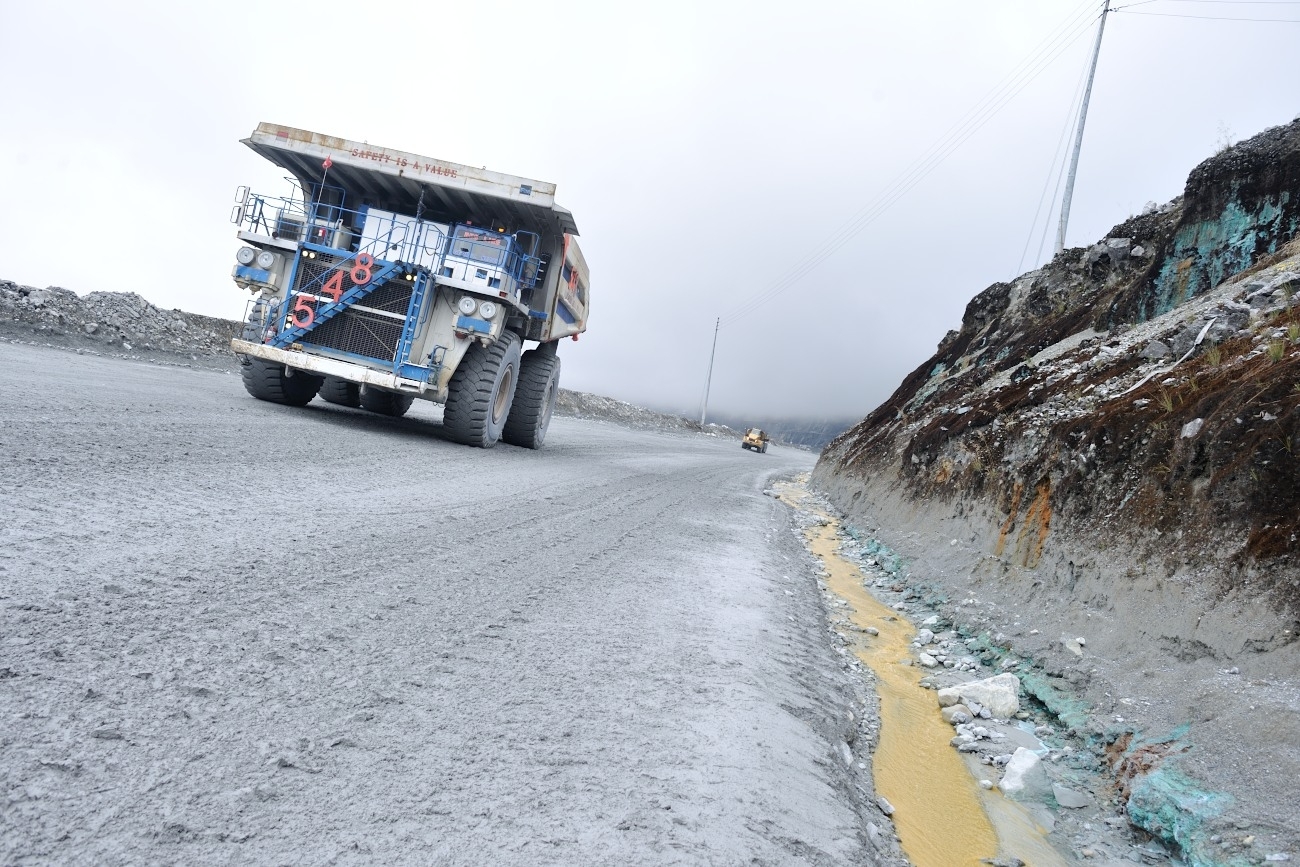
The government continues to drive the downstreaming of natural resources as a core strategy toward Indonesia’s economic self-reliance. Minister of Energy and Mineral Resources (ESDM) Bahlil Lahadalia emphasized that downstreaming is not just an economic policy, but a mandate of Article 33 of the 1945 Constitution so that natural wealth is utilized to the greatest benefit of the people.
Breaking Free from Dependence on Raw Material Exports
For years, Indonesia’s economy has relied on exporting raw materials such as nickel, bauxite, and gold. The values are large, but most of the gains are captured by other countries that process these materials.
“Downstreaming is the key to true self-reliance. A strong nation is one that can process its own natural resources into high value-added products,” said Bahlil.
18 Downstream Projects Worth IDR 618 Trillion
As a concrete step, the government has established the Task Force for Accelerating Downstreaming and National Energy Resilience to expedite 18 priority projects with a total investment value of more than IDR 618 trillion under the management of BPI Danantara.
These projects cover the mineral, energy, agriculture, and maritime sectors, with 67 percent of locations outside Java as a form of equitable development.
Several strategic projects being prepared include:
• PT Freeport Indonesia’s gold smelter
• Electric vehicle battery industry with 15 gigawatts (GW) of capacity
• Alumina, manganese sulfate, stainless steel slab, and solar module plants
• Bio-avtur facilities and national oil storage
Driving Job Creation and Strengthening Human Resources
The downstream industrialization program is expected to generate more than 276.000 new jobs across various industrial sectors. The government remains committed to enhancing the competencies of the local workforce through national training and certification programs, ensuring that workers are well-prepared to compete in technology-driven industries.
Strategic Steps Toward Economic Sovereignty
Downstreaming has now become a main pillar in building national economic sovereignty. By processing natural resources domestically, Indonesia can increase export value, strengthen industry, and reduce dependence on other countries.
Bahlil affirmed, “Downstreaming is no longer a discourse, but a concrete strategy to achieve fair and sustainable management of natural resources.”



